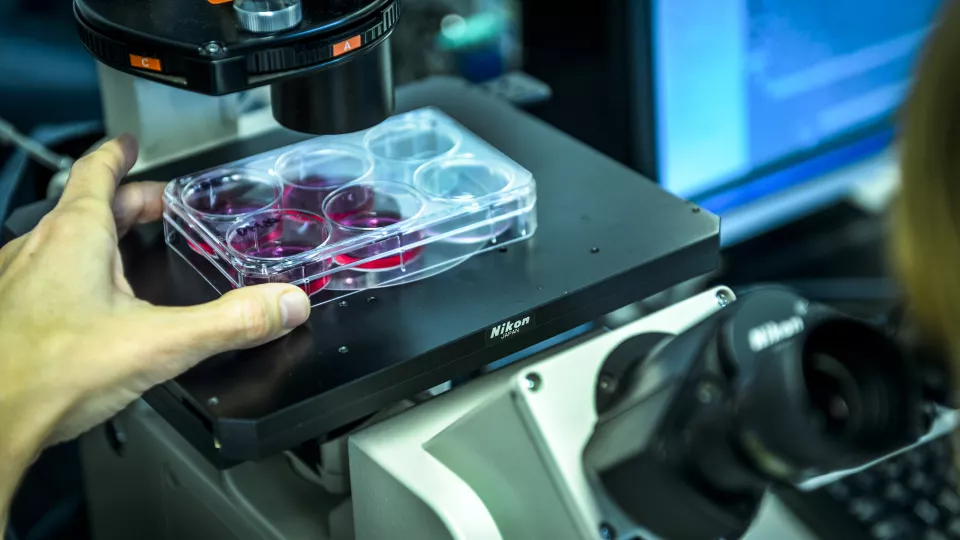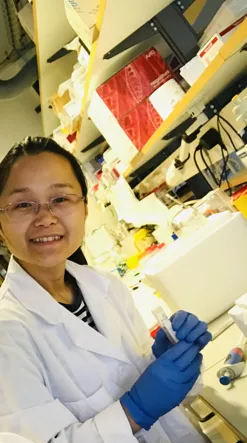As scientists have learned more about the molecular changes that lead to cancer, they have found that certain mutations occur more commonly. Despite this, identifying which combination of mutations prompt cancer to develop, and whether the order in which they occur is of importance, are avenues which continue to be explored.
Researchers from the Developmental Hematopoiesis Research Group at Lund University, led by Dr. David Bryder, are interested in better understanding how blood cells develop and how certain cancers develop from normal blood cells. In their latest study, they sought to identify secondary mutations which may be involved in initiating acute myeloid leukemia (AML) – a rare type of blood cancer which interferes with normal blood cell production.
“We were interested in uncovering what is actually occurring in the period before AML develops in order to explain what it is that leads to the formation of this type of cancer,” explained Ouyang Yuan, PhD student and first author on the paper, and David Bryder, group leader.'
Using an experimental mouse model, previously established by the group, they were able to mimic the first event in the development of AML, by activating a particular oncogenic fusion gene. In doing so they found that the leukemia present in their model was similar to that which is found in a patient with AML. This discovery made them more confident in their model’s ability of mimicking the human disease.
From here they could more confidently take the next step in identifying what other factors might be at play. When screening the leukemic cells produced by their model, the team identified a spontaneously acquired secondary driver mutation. “In our model, this specific gene mutation in moesin, located on the X chromosome, and in females on the expressed X chromosome, occurred at a very high frequency (65.6%), and this high frequency is something that I would say was unexpected,” remarked Ouyang.
To date, this mutation has not been widely identified in human patients with AML. However, similar mutations have been found to occur on the same gene in patients with other types of cancer, indicating that this mutation can possibly play a role in other cancers as well.
Fascinated by their discovery, they wanted to better understand the role and function of this mutation. By adding it to their model, they could see that the lag in the development of AML no longer occurred. They also learned that this mutation alone was not able to kick-start the development of AML. Rather, it required the first event present in the model to do this.
“This mutation triggered the leukemic development in our model and was crucial for the transformed leukemic cells,” explained David.
These findings present a plausible explanation for differences in the rate of disease progression, indicating that the time in which these secondary mutations, and potentially additional mutations, are acquired may be important in the development and progression of disease. “We found that targeting the secondary mutation in the already transformed leukemic cells can impair disease, presenting a potential, future therapy for AML,” explained Ouyang.
Additional research is required to better understand basic disease mechanisms like those outlined in this study. “The hope is that the methodologies and strategies employed here can be used to guide others wanting to answer similar questions, which really cannot be studied in human patients. This is because upon diagnosis, the genetic events leading to AML have already happened,” concluded David.
This work was generously supported by project grants from the Swedish Cancer Society, the Swedish Medical Research Council, the Tobias Foundation, and a European Research Council (ERC) consolidator grant.
This study was made possible in part by international and national collaborations, including collaborations with researchers at Lund University, the University of Gothenburg and Washington University School of Medicine.



